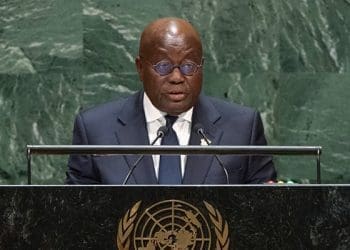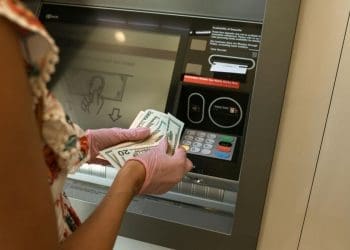Some spare parts dealers at Abossey Okai, Ghana’s largest auto parts hub, are pushing back against growing calls to reduce prices—even as the Ghanaian cedi appreciates against the U.S. dollar.
The dealers argue that their current inventory was imported when the cedi-to-dollar exchange rate was much higher, making it financially impractical to lower prices immediately. This resistance comes in contrast to a recent directive from the Abossey Okai Spare Parts Dealers Association, which has urged members to reflect the cedi’s strengthening performance in their pricing.
Speaking to Accra-based Citi FM, several traders at Abossey Okai emphasised that any price adjustments will only be possible once they restock at the current, more favourable exchange rate.
“For now, maybe it can’t be possible because we ordered the goods at a certain rate, which is higher than what we are seeing now. With that price, we have to sell, and when the goods are finished and you are ordering another one with a reduced [exchange] rate, then definitely the prices will come down,” said Francis Appiagyei, a spare parts dealer at Abossey Okai.
Another trader, Yaw Ansong, echoed this view, emphasising the risk of loss if prices are cut prematurely.
“Unless I sell the one that I already ordered and finish before I can reduce the price of the goods. I haven’t ordered a new one, so I can’t reduce the price. If I reduce the price, I am going to lose my job,” he stated.
While some dealers admit prices may eventually come down, they stress that any reductions depend on the cedi’s long-term stability against the U.S. dollar.
“We have come to understand that the dollar is down and the cedi is also going up, so we are going to do what they say but not now. We will go down on prices when we see the dollar is still stable at where it is,” said Eric Osei Danso.
Despite pressure from the association and consumers, many Abossey Okai auto parts dealers remain cautious, waiting for more stable exchange rates before adjusting prices.












